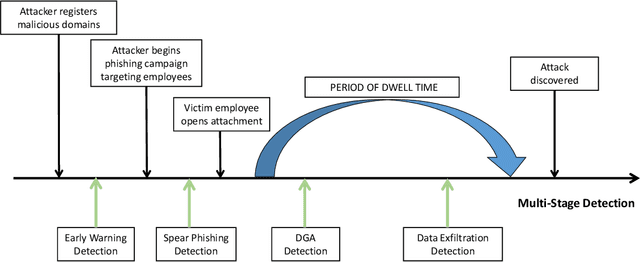Ian Lee
Semi-Parametric Deep Neural Networks in Linear Time and Memory
May 24, 2022



Abstract:Recent advances in deep learning have been driven by large-scale parametric models, which can be computationally expensive and lack interpretability. Semi-parametric methods query the training set at inference time and can be more compact, although they typically have quadratic computational complexity. Here, we introduce SPIN, a general-purpose semi-parametric neural architecture whose computational cost is linear in the size and dimensionality of the data. Our architecture is inspired by inducing point methods and relies on a novel application of cross-attention between datapoints. At inference time, its computational cost is constant in the training set size as the data gets distilled into a fixed number of inducing points. We find that our method reduces the computational requirements of existing semi-parametric models by up to an order of magnitude across a range of datasets and improves state-of-the-art performance on an important practical problem, genotype imputation.
An AI-based, Multi-stage detection system of banking botnets
Jul 25, 2019



Abstract:Banking Trojans, botnets are primary drivers of financially-motivated cybercrime. In this paper, we first analyzed how an APT-based banking botnet works step by step through the whole lifecycle. Specifically, we present a multi-stage system that detects malicious banking botnet activities which potentially target the organizations. The system leverages Cyber Data Lake as well as multiple artificial intelligence techniques at different stages. The evaluation results using public datasets showed that Deep Learning based detections were highly successful compared with baseline models.
 Add to Chrome
Add to Chrome Add to Firefox
Add to Firefox Add to Edge
Add to Edge